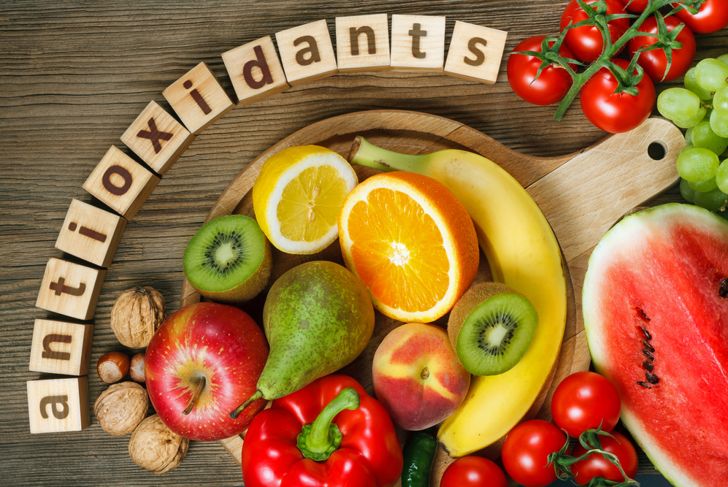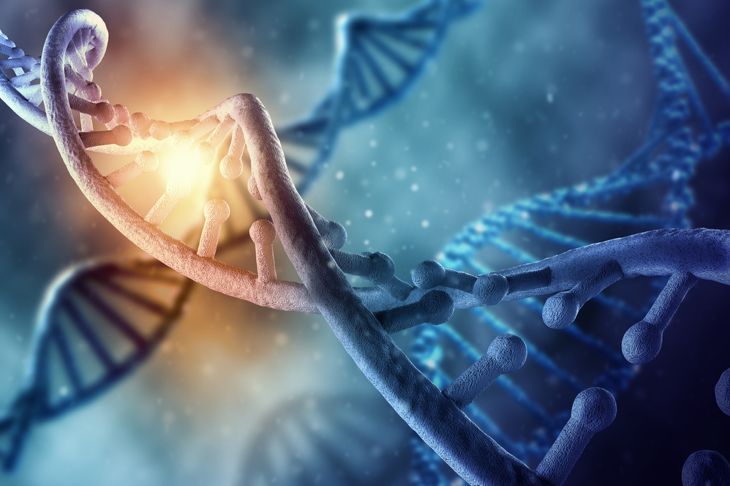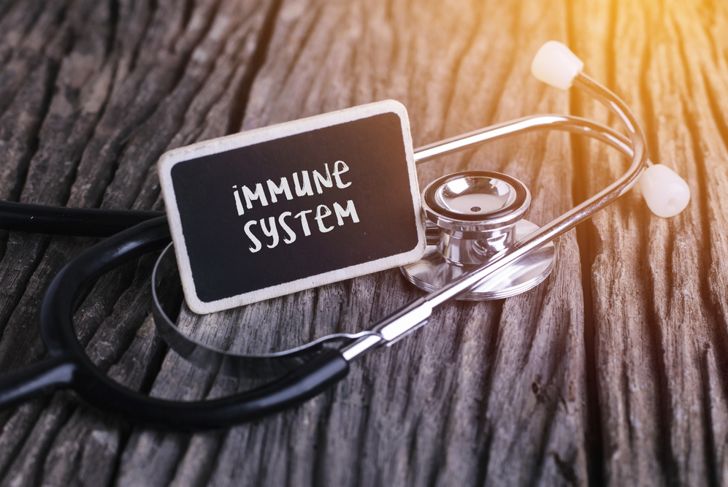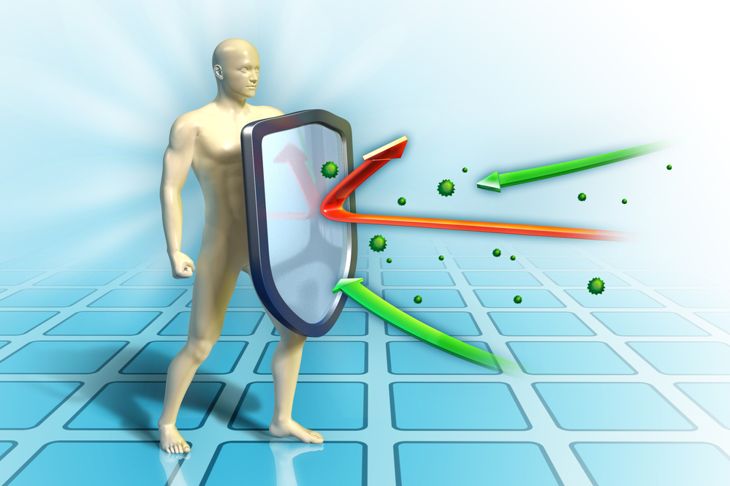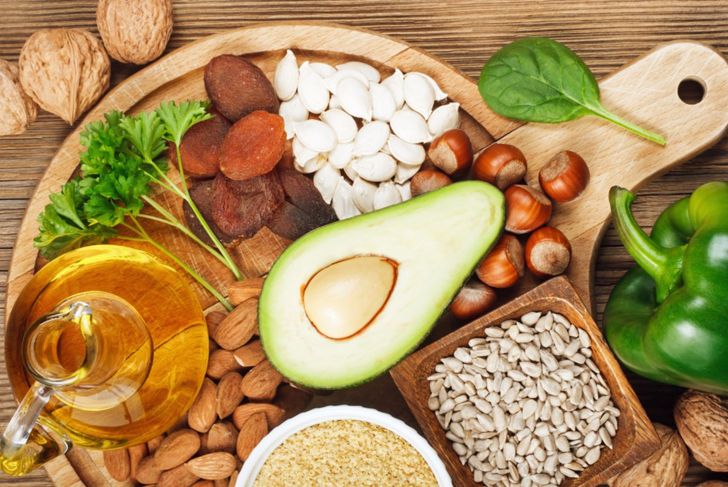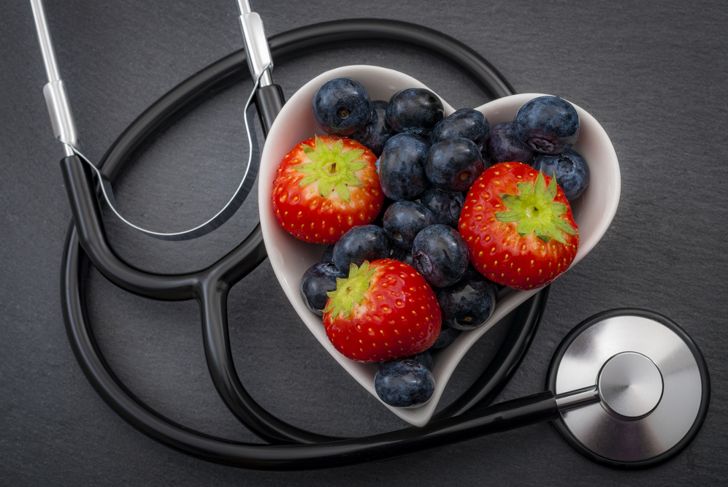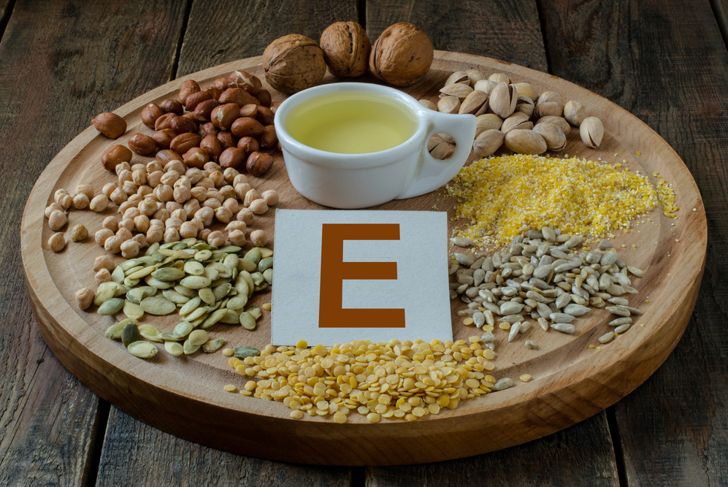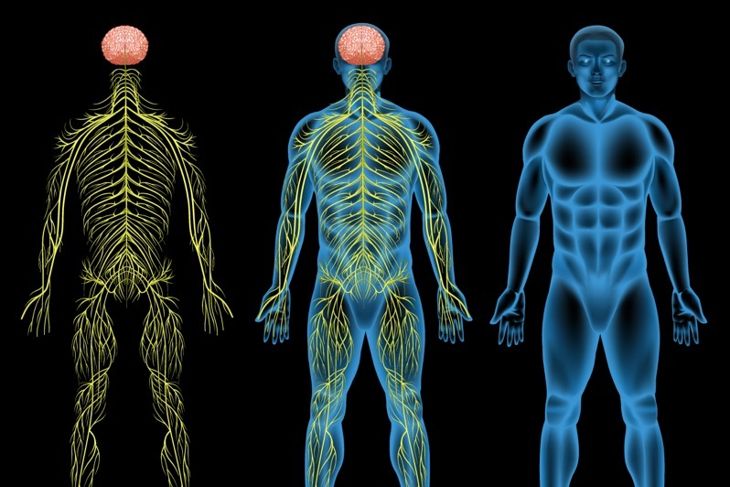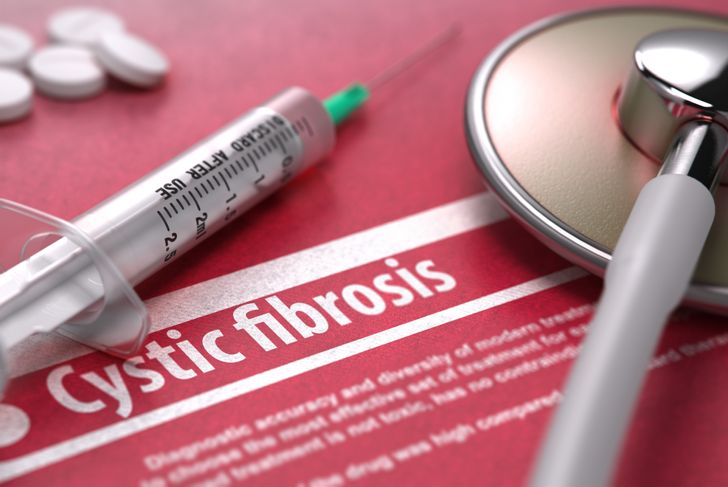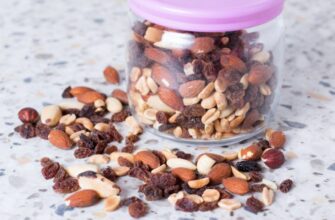The health benefits of vitamin E can keep your immune system strong and help you stay healthy. It fights free oxygen radicals and thus protects your DNA, heart, and nervous system. This vitamin strengthens your immune system, balances your cholesterol levels, rejuvenates your skin, and can even stimulate hair growth. It’s best to eat natural sources of vitamin E rather than taking it as a supplement. Some of the best sources of vitamin E include almonds, spinach, sweet potato, avocado, wheatgerm, sunflower seeds, palm oil, and butternut squash.
One of the Antioxidant vitamins
Most people know that antioxidants are good for them, but not everyone knows why. Antioxidants can help you by protecting your heart, controlling diabetes complications, defending against dementia, and even supporting your eyesight. You can get the amount of antioxidants that your body needs by adding more fruits and vegetables to your diet. You also find antioxidants in many plant-based foods such as tea, wine, and chocolate.
Fights free oxygen radicals
Even though there are many different types of antioxidants, some of them are more popular than others. Vitamins E, C and A are among the most popular antioxidant vitamins. When we say “oxidants” we usually mean free oxygen radicals. Our body naturally produces these oxygen radicals as a result of certain biological processes. However, these radicals can damage the cells in your body. As an antioxidant, vitamin E helps your body to get rid of the free oxygen radicals to prevent cell damage.
Protects your DNA
Free oxygen radicals can sometimes target the DNA of different healthy cells inside your body. The primary function of your DNA is to act as a blueprint that instructs your cells to produce certain vital proteins. When free radicals attack the DNA, they can cause the DNA to send abnormal instructions to the cells. This can make the cells start to divide uncontrollably and form tumors. Vitamin E protects your DNA by removing these harmful radicals.
Strengthens your immune system
Vitamin E can slow the aging process in your cells by removing free radicals from your body and also by promoting anti-inflammatory effects. By strengthening your immune system, antioxidants provided by this vitamin help protect you against many different types of diseases. This is one of the main ways eating foods that contain Vitamin E helps you stay healthy.
Some types are more protective than others
Vitamin E doesn’t refer to a single compound; it refers to a family of 8 compounds. This family consists of four tocotrienols and four tocopherols. When different compounds share the same formula but differ in how their atoms are arranged, these compounds are then called “isomers.” The four tocotrienol Isomers are alpha, beta, gamma, and delta and the four tocopherols are alpha, beta, gamma, delta tocopherol. Studies have shown that the isomers alpha-tocotrienol and gamma-tocotrienol are the most efficient in protecting the immune system.
Balances your cholesterol levels
Keeping LDL cholesterol levels low can reduce the risk for heart disease, but beneficial HDL cholesterol is actually something the body needs. Many people think of cholesterol as a bad thing that only harms their body and causes heart disease. This is just not true. While having high cholesterol levels is, in fact, bad for you, this doesn’t mean that cholesterol is inherently bad. There is only a problem when its blood levels exceed the normal range. Your liver naturally produces cholesterol because it is an important compound that your body uses to produce hormones. Cholesterol is also essential for your cells and nerves to function properly. That is why your focus should be on having a balanced cholesterol level, and vitamin E can help you achieve that.
Protects your heart
So, cholesterol is not inherently a harmful compound, but high levels of it in the blood are. Some divide cholesterol into “good” cholesterol (HDL) and bad cholesterol (LDL). When someone has a high level of bad cholesterol in their blood, they become at risk of developing a heart attack. When bad cholesterol becomes oxidized by free radicals, it becomes more likely to burrow into the walls of the arteries. As an antioxidant, Vitamin E can play a major role in preventing the oxidation of cholesterol that leads to LDL cholesterol and an increased risk for the development of heart disease.
Loads of healthy nutrients
We encourage you to eat natural sources of vitamin E rather than taking it as a supplement. Foods like almonds and spinach are loaded with all kinds of useful nutrients and antioxidants that are important to stay healthy. Good nutrition helps promote optimum health. Adding these foods to your diet can also help you lower the levels of “bad” cholesterol in your blood and protect your heart.
Protects your nervous system
Getting the required amount of vitamin E is essential for the health of your nervous system. Vitamin E can protect your nervous system by eliminating free radicals from your body. When the levels of vitamin E decrease, you become at risk of developing vitamin E deficiency. This puts you at risk of developing brain and spinal cord health conditions. It is important to note that taking vitamin E supplements has not proven useful in preventing dementia in Alzheimer’s disease, according to the latest clinical trials.
Rejuvenates your skin
Vitamin E can help you protect your skin from the damaging effect of ultraviolet rays. One study found that applying a vitamin E and vitamin C on your skin can protect against photodamage caused by ultraviolet rays. This is one of the reasons why eating a diet rich in vitamin E and other antioxidants will make your skin look healthy and young. Another study found that vitamin E is a great compound to be used for skin rejuvenation. This makes using vitamin E a great natural anti-aging method.
Stimulates hair growth
Vitamin E can be a great deep conditioner for your hair and give it that shine and moisture you need. Vitamin E can also stimulate your hair growth. Being a great antioxidant, it can repair hair damage. You can use apply vitamin E directly to your hair, or you can increase the amount of vitamin E rich food you eat. Some hair products have vitamin E added to them to make them more effective in treating damage.
Important during pregnancy
If you are pregnant, you need to have a healthy and balanced diet as much as you can. This means that you need to know the required amount that you should be getting of different nutrients. Some of the essential nutrients you need to keep an eye on are vitamins. Getting the right amount of vitamins by eating a healthy diet can help with the growth and development of your baby and vitamin E is no exception. You should eat foods that are rich in vitamin E. However, you should avoid using vitamin E supplements while you’re pregnant. They have been shown to cause side effects in pregnant women such as abdominal pain. They may also put you at risk of early rupture of membranes.
Treatment of diseases of fat metabolism
Vitamins can be water-soluble vitamins or fat-soluble vitamins. Water-soluble vitamins include B-complex vitamins and folic acid, while fat-soluble vitamin include vitamin E, vitamin K, vitamin D and vitamin A. As you can see, vitamin E is a fat-soluble vitamin. This means that you need to have a small amount of fat in your diet so your body can absorb the vitamin and get all of its benefits. Some people have diseases that make them unable to digest or absorb fats properly which makes them susceptible to developing a deficiency of fat-soluble vitamins.
Treatment of cystic fibrosis
Cystic fibrosis is a genetic disease that can affect different organs. The lung is its main target, but it can also affect liver and pancreas. People affected by cystic fibrosis can have thick pancreatic secretions. Normally, the pancreas secretes different enzymes that help the body digest different types of food. However, in cystic fibrosis, these thick secretions block the movement of the enzymes into the small intestine. As a result, the absorption of certain nutrients becomes difficult. These nutrients include fat-soluble vitamins A, K, E, and D. This will cause their levels inside the body to become low.
Helps with many biological functions
Vitamin E is a fat-soluble enzyme. This means that it can be incorporated into the membranes that surround the cells of our body. Because vitamin E is such a powerful antioxidant, it prevents the free radicals from affecting these cells. Vitamin E can regulate the activity of different enzymes. Certain types of it can inhibit protein kinase C (PKC) enzyme which affects the growth of smooth muscles. Vitamin E can also enhance the effects of a commonly used oral anticoagulant called Warfarin.

 Home
Home Health
Health Diet & Nutrition
Diet & Nutrition Living Well
Living Well More
More